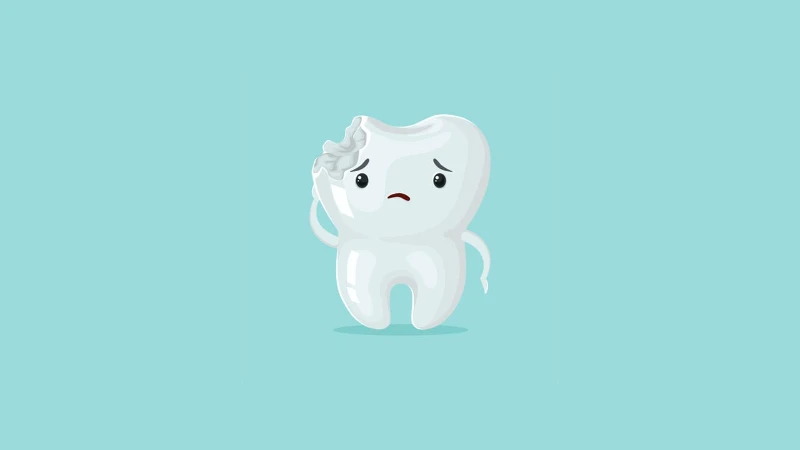
Advertisement
Three million people in the UK suffer from oral pain. It's important to remember that teeth and gums aren't designed to cause pain. So why do they sometimes hurt? Before you head to the dentist, here are some things to think about.
stress

There are several reasons why teeth can suddenly hurt, including stress. It can be dental problems as well as clenching or grinding your teeth. If left untreated, it can cause severe pain and negatively impact your oral health. If you are stressed, you should consult your dentist to find out what has led to your pain. Many health problems can be attributed to stress, including headaches, stomach aches, and poor sleep. You should solve your problem as soon as possible. Regular visits to the dentist, following a healthy diet, getting enough sleep, and avoiding unhealthy habits can help prevent dental problems from occurring.
dentifrice

Teeth grinding is common and is also called grinding, which can lead to severe jaw and tooth pain, fractures and jaw joint disorders (TMJ syndrome), which is a disease that affects the lower jaw muscles. People who grind their teeth also hear the clicking and grinding sounds of their teeth. If you notice a sudden toothache and have the symptoms listed above, it is advisable to visit a dentist. People with a tense personality may also be a problem. Treatment involves separating the stress and the habit. Fortunately, there are several options.
Poor occlusion

In some cases, your teeth may suddenly start to hurt. This is a warning sign of a problem. It occurs when the lower jaw is not aligned correctly. By observing the movement of the teeth and jaw, your dentist can spot any misalignment of the jaw. They can also detect signs of tooth wear or sensitive teeth. Grinding your teeth is harmful because it wears away the enamel of your teeth. If you grind your teeth, you may also experience headaches and jaw pain. Another cause of jaw pain is crowding of the teeth because the lower jaw can become misaligned when closed, putting stress on the teeth. Bacterial infections in the sinuses can also cause discomfort.
tooth decay

One of the most common causes of toothache is tooth decay. Tooth decay is not a life-threatening disease, but it can cause discomfort if left untreated. Fortunately, there are many ways to treat toothache. If you are unsure of the cause of your pain, consult your dentist. Your dentist can measure the extent of decay with an x-ray. Tooth decay is caused by plaque and bacteria that build up on the teeth. Without x-rays, it is difficult to remove the plaque, and the bacteria begin to erode the enamel. If the tooth pulp swells and puts pressure on the nerve, it can cause pain.
Sinus infection

If your tooth suddenly starts to hurt, you may have a sinus infection. Sinus infections involve many teeth, especially the upper and front teeth. Sinuses are air-filled cavities in the facial skeleton. These spaces also produce mucus that warms and moistens the air in the nasal passages and helps clear the nose. When the sinuses are inflamed and full of fluid, they put pressure on the nerves in the teeth. Both the upper and lower teeth are affected by this stress. If your tooth pain is more severe than this, you should go to the doctor. Sinus infections usually go away spontaneously after about 7 to 10 days. The best treatment for your condition can only be determined by your doctor, not prescription medication. Home treatments can be done by taking a hot bath or applying a warm compress to the affected area.





